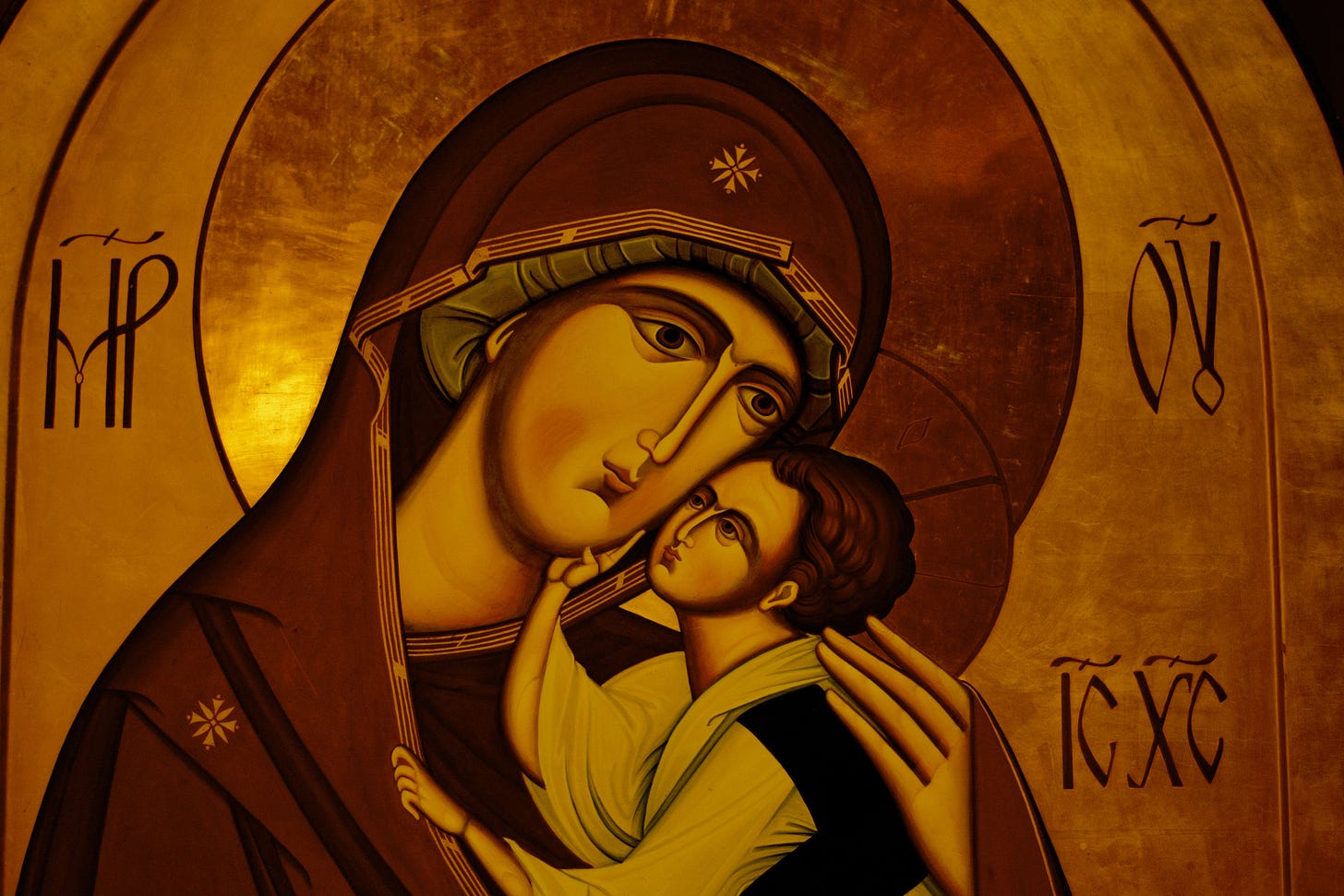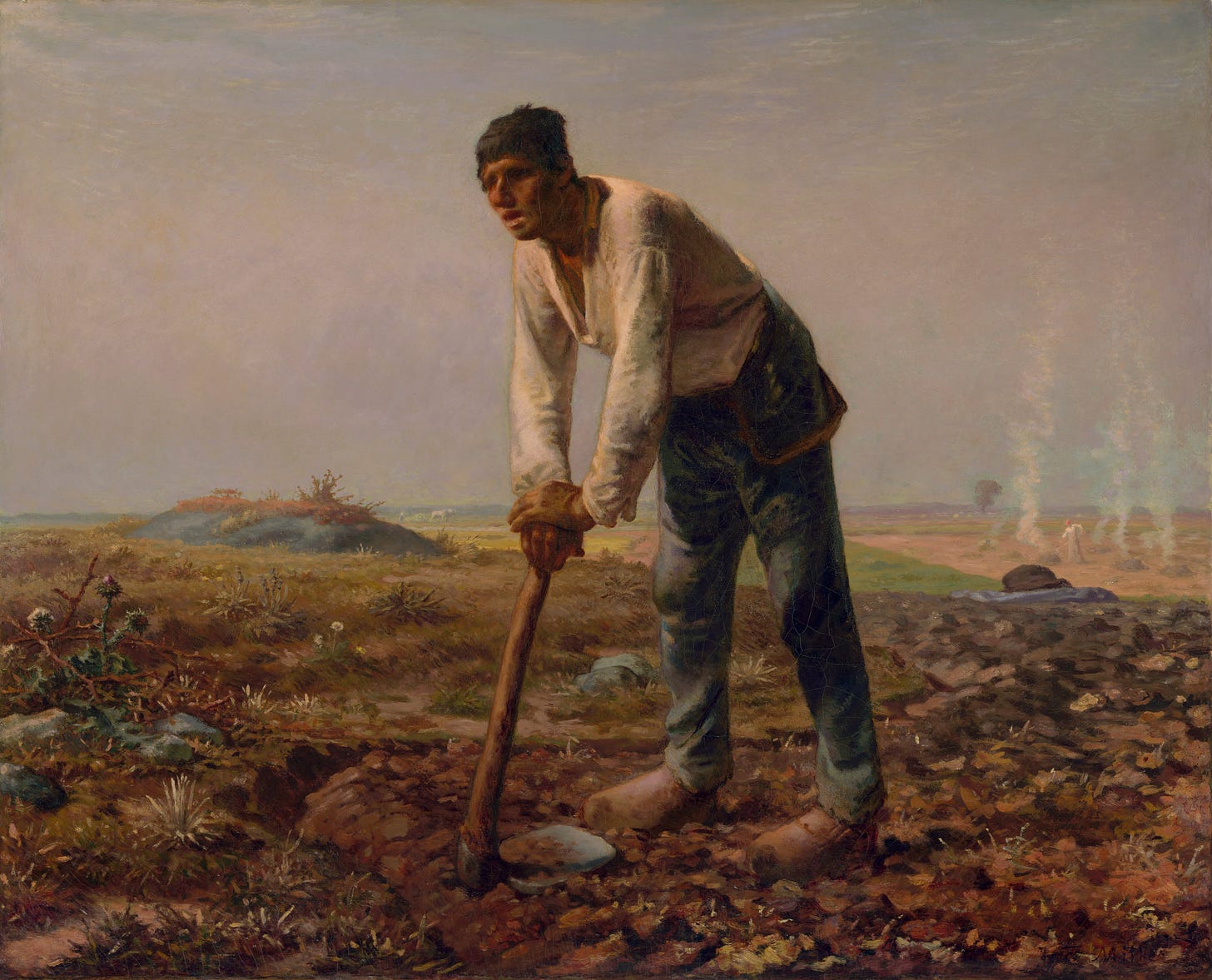The USA values fast food over fasting, so everything is bigger there: cars, burgers, and the influence of Christianity in public life. Despite its relative prominence of motorways and relative absence of cathedrals, America nevertheless produces some of the world’s finest academic theology, and, as this collection reminds me, Christianity remains important to many ordinary people (to the extent that poets are ordinary.)
You could even consider America’s brash cultural debates as expressing different aspects of American Christianity: the liberals, in an argument resembling some Protestant polemics, demand that authorities stop meddling in their private lives. In turn, the conservatives decry the superfluities of naughtiness and the overflowings of ungodliness they see in the mainstream media and popular culture. Apart from some notable and honourable exceptions, both sides seem to have a Puritan aversion to beautiful art unless it can be used for some didactic purpose.
While the factions of American politics spit venom at each other, the rest of the country suffers from depression, anxiety, and an injurious dependence on drugs.
One of the reasons for this is that many Americans lack meaning. The country’s political and cultural leaders are complacent in believing that liberal atheism can adequately nourish people. The results are in. It can’t.
The solution to what John Vervaeke calls the meaning crisis must include a way of reuniting soul and body and giving people a means of orienting themselves in the world while connecting them to something grander. A sanitised popular culture, diets, physical fitness, and the expansion of civil rights are all noble but misguided attempts to solve this crisis.
Christian Wiman lightly mocks this trend in his poem “All My Friends Are Finding New Beliefs,” where people try to find meaning and fulfilment in “Paleo, Keto, Zone, South Beach, Bourbon.” He can’t keep up with these “new gods,” which don’t calm his doubts because “the days have daggers” and “the planet’s turning faster and faster in the blackness.”
So what does give people a sense of value and meaning? What’s needed is something simultaneously below (because it’s deeper) the level of propositions and beliefs and above (because it’s more important) the level of propositions and beliefs.
In other words, the spiritually malnourished hunger for the numinous and transcendent: religion and art.
There are good reasons why these things were inseparable for most of human history, and in some senses still are. Some religious truths can be expressed only through poetic language. Good poems aren’t garnish and frippery: they provide insight, and so are essential to any meaningful worldview.
Lyric poems have the added benefit of bringing a sense of peace and rest. (Some of them even bring cosiness.) Theology is full of quarrels, but you rarely argue with beauty.
Many of us are familiar (all too familiar) with the claim that appearances distract us and deceive us. They do, but beauty can also unveil reality.
Part of the beauty of religion and art is that they direct your attention to something bigger than yourself. Icons are a great example of how religious art can turn your gaze (and your concentration) towards the transcendent.
Meditating on an icon of Jesus and the Virgin Mary, the speaker of Paul Mariani’s poem “Mother of Consolation” starts by saying, “What you look hard at looks back hard at you.” There’s no way to see beyond this world until you look deep into yourself, but to find “the mystery within” you will:
… have first to understand
what it is you gaze at with the same dim eyes
too long glutted on the sensual, the bland,
the million million flyspecked buzzing lies.
Which country produces more glitzy, carnal distractions than the US? One shouldn’t pay them much heed: the lies are flyspecked because they’re dead matter. The poem urges the reader to contemplate instead the source of all being, which is both out there and in here.
Yet when some Christians look inside themselves, they find misgivings. The speaker in Marilyn Nelson’s “Churchgoing” attends a Lutheran church but, “wavering on the edge of sleep,” asks “forgiveness for being so bored.” In fact, she’s bearing “the cancer” of her doubt: something harmful (and growing?) but a part of her. As a black American, she has good reason to doubt. Her poem mentions the “Christian, slave-owning hypocrisy,” yet the qualms and boredom disappear as soon as the congregation starts singing a spiritual. It isn’t the perfect argument of the theologian that reveals the divine. It’s simple art and beauty. This is true especially for the downtrodden: as 1 Corinthians 27 puts it, “God has chosen the weak things of the world to put to shame the things which are mighty.” As the poem concludes, “they believe most, who so much have lost.”
Some religious truths can be expressed only through poetic language.
They’ve lost much but, unlike the mighty, haven’t lost sight of the divine glory which is everywhere. God is never absent, not even from odd creatures like the giraffe, which Jeanne Murray Walker describes as “an exclamation point on legs,” – maybe a mistake, but maybe a mystery, an aspect of the world that can’t easily be explained by logical analysis. In another poem, she shows us that the Holy Spirit works through an even odder animal: the high school English teacher. Mr Luman (whose name roughly evokes the Latin word for light, lumen) refracts the brilliance of artistic creators (Stravinsky, Shakespeare, Brahms), hoping that it’ll brighten his students’ minds. The unthanked man ends up meeting the train “at the blind crossing,” the place of darkness. Maybe this signifies the futility of his efforts, but without him, the poem – in free verse but with a clear logic and structure – wouldn’t exist at all. In a world of entropy, praise God for small triumphs.
Jay Parini’s poem “Blessings” praises God for the small delights of the earth. The poet gives thanks for “dandelion greens,” the “small potatoes,” and the time when “the sunlight turned to roses,” a fantastic description of photosynthesis: the light of the world, which reveals all beauty, itself becomes visible splendour. There is grace even in the dirt: in David Middleton’s poem “Man With A Hoe,” (based on a painting by Jean-François Millet, and maybe also the poem by Edwin Markham inspired by that painting) the titular character leans on “the short handle, knotted oak,” trying to break up some “brambled clay and stone.” Mr Middleton’s august pentametre quatrains fulfil his (and Millet’s) artistic goal: concentrating on technique to glorify the broken and (like Christ) “to render such grim dignity divine.”
The focus on artistic form has an added resonance for the Christian: like God, the poet creates a coherent, rational structure full of meaning and beauty; or, rather, the Christian poet discovers these structures. Dana Gioia’s poetry mixes technical grace with narrative drive: “art craves teleology,” he once observed. In his poem “The Angel with the Broken Wing,” the angel, despite his brokenness, wants to communicate with God. In this respect, the angel could be anyone. He longs for his completion and redemption: he’s shut in a museum, an “air-conditioned tomb,” but once stood beside “a gilded altar where / The hopeless offered God their misery.” His wing was broken in a revolution, but the vandals hit him “almost apologetically,” maybe because their unacknowledged reverence restrained their desire to rule created things. The angel complains that he stands “like a dead thing nailed to a perch,” evoking the real sovereign of the world: our wounded Saviour who was nailed to the cross. The regular form and rhyme of the poem, however, remind the reader of the fulfilment and completion that await just beyond the horizon.
As the poems in this collection articulate, God knows our suffering, and has felt the depths of torture and betrayal. Maybe my tastes are too Orthodox, or maybe suffering is too good a subject for poetry, but it seems to me that this beautiful anthology is missing an emphasis: Christ feels our suffering but has already and eternally transcended it because he is life and bliss and triumph. Everything is bigger in America but is dwarfed by the good news: Christ’s victory over sin and death and suffering.







It occurs to me that the artform that best expresses the joie de vivre is an American one: jazz.